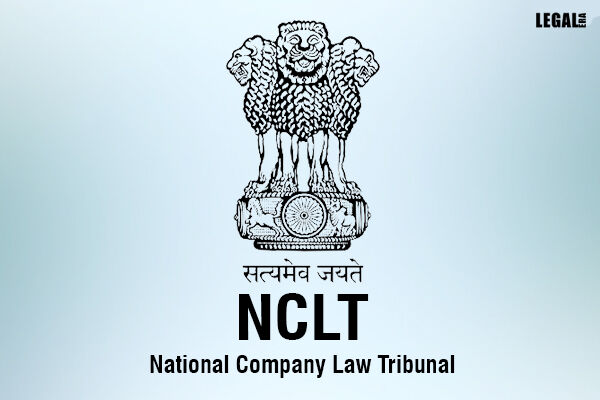
NCLT Indore Rules Assured Return Investment Schemes Constitute Financial Debt, Admits Insolvency Proceedings Against Garima Real Estate
Introduction
The National Company Law Tribunal (NCLT), Indore Bench, comprising Mr. Mohan P. Tiwari (Member-Judicial) and Mr. Sanjeev Sharma (Member-Technical), has held that deposit schemes offering assured returns constitute “financial debt” under Section 5(8)(a) of the Insolvency and Bankruptcy Code (IBC), 2016, and that the investors promised such returns qualify as “financial creditors” under Section 5(7) of the Code.
Factual Background
A group of 125 investors filed a petition under Section 7 of the IBC seeking initiation of Corporate Insolvency Resolution Process (CIRP) against Garima Real Estate & Allied Limited. These investors had entered into application forms and application-cum-agreements with the Corporate Debtor under an alleged investment scheme promising fixed assured returns on maturity.
Following complaints regarding illegal fund mobilization, the Securities and Exchange Board of India (SEBI) initiated proceedings against the Corporate Debtor and its directors. SEBI directed them to cease their Collective Investment Scheme (CIS), wind up existing schemes, and refund the investors within three months. Despite this, the Corporate Debtor failed to repay the investors even after the maturity period. The aggregate claimed amount, including interest, stood at ₹1,15,68,590.
Procedural History
In response to the Corporate Debtor’s continued non-payment, the investors approached the NCLT Indore under Section 7 of the IBC. The Corporate Debtor did not appear in the proceedings and was thus proceeded ex parte.
Issues
1. Whether the investment schemes with assured returns constitute “financial debt” under Section 5(8)(a) of the IBC.
2. Whether the investors promised fixed assured returns qualify as “financial creditors” under Section 5(7) of the IBC.
3. Whether CIRP should be initiated against the Corporate Debtor for default in repayment of such investments.
Contentions of the Parties
Financial Creditor: The investors contended that the funds were advanced to the Corporate Debtor under schemes that promised assured returns on maturity, thereby satisfying the essential element of “time value of money.” They argued that similar arrangements have been recognized as financial debt in precedents such as Nikhil Mehta & Sons (HUF) v. AMR Infrastructures Ltd.
Corporate Debtor: The Corporate Debtor did not appear before the Tribunal and was thus proceeded ex parte.
Reasoning and Analysis
The NCLT observed that the transactions clearly involved consideration for the time value of money, a key criterion under Section 5(8)(a) of the IBC. Since the investors were promised assured returns, the Tribunal held that they qualify as financial creditors under Section 5(7) of the Code.
The Bench placed reliance on several NCLAT rulings, including Mohan Lal Dhakad v. BNG Global India Ltd., Bohar Singh Dhillon v. Rohit Sehgal, and Nikhil Mehta & Sons (HUF) v. AMR Infrastructures Ltd., where similar investment schemes were treated as financial debt.
Accordingly, the Tribunal concluded that the petition met the threshold requirements under Section 7 and that a default had been established on the part of the Corporate Debtor.
Implications
This judgment reinforces that investment or deposit schemes with assured returns, even if styled as private arrangements, can be treated as financial debt under the IBC. It widens the protection for small investors by allowing them to seek recourse under insolvency proceedings when promised returns remain unpaid.
Order
The NCLT admitted the Section 7 application, declared a moratorium under Section 14 of the IBC, and directed initiation of the CIRP against Garima Real Estate & Allied Limited. The Tribunal also appointed an Interim Resolution Professional (IRP) to take charge of the Corporate Debtor’s affairs.
In this case the appellant was represented by Mr. Sunil Bhavsar, Advocate.